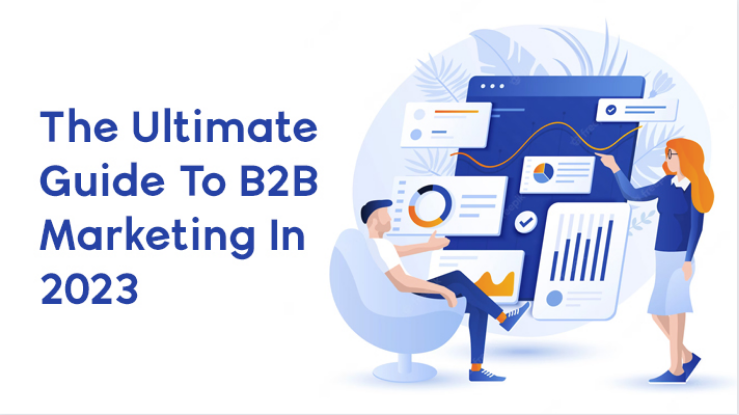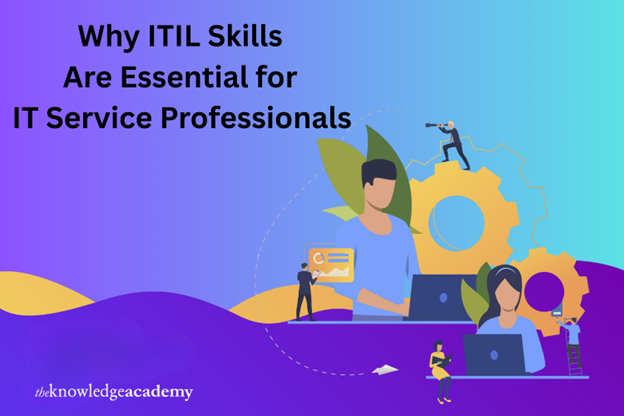B2B marketing, or business-to-business marketing, refers to the strategies and tactics employed to promote products and services from one business to another. Unlike B2C marketing, which targets individual consumers, B2B marketing focuses on building relationships, delivering value, and driving long-term business partnerships. In this ultimate guide to B2B marketing, we will explore key principles, strategies, and best practices to help businesses succeed in this competitive landscape.
I. Understanding the B2B Market
To effectively market to other businesses, it is crucial to have a clear understanding of the B2B market dynamics. Key points to consider include:
1. Target audience: Identify your ideal customer profile (ICP) by defining industry, company size, job titles, and pain points.
2. Decision-making process: Understand the complex buying journey, involving multiple stakeholders and decision-makers.
3. Value proposition: Clearly articulate how your product or service solves specific business challenges and adds value to the target audience.
II. Building an Effective B2B Marketing Strategy
Developing a well-rounded B2B marketing strategy is vital for success. Key elements to consider are:
1. Goals and objectives: Define clear, measurable goals aligned with your business objectives.
2. Targeted messaging: Craft compelling and personalized messages that resonate with the needs of your target audience.
3. Content marketing: Create valuable content such as whitepapers, case studies, and blog articles that address pain points and position your business as an industry thought leader.
4. Account-based marketing (ABM): Implement ABM strategies to tailor marketing efforts to specific high-value accounts.
5. Lead generation and nurturing: Deploy a comprehensive lead generation strategy, including tactics like email marketing, social media, and webinars, and develop effective lead nurturing campaigns.
III. Leveraging Digital Channels
Digital channels play a crucial role in B2B marketing, enabling businesses to reach their target audience effectively. Here are key digital strategies to consider:
1. Website optimization: Develop a user-friendly and SEO-optimized website that showcases your products/services and provides relevant information.
2. Search engine marketing (SEM): Utilize paid search campaigns to increase visibility and drive targeted traffic to your website.
3. Social media marketing: Leverage platforms like LinkedIn, Twitter, and Facebook to engage with your audience, share valuable content, and build brand awareness.
4. Email marketing: Build targeted email lists and create personalized email campaigns to nurture leads and maintain customer relationships.
5. Influencer marketing: Collaborate with industry influencers to expand your reach and establish credibility within your target market.
6. Marketing automation: Implement marketing automation tools to streamline processes, track customer interactions, and deliver personalized experiences.
IV. Measuring and Analyzing Performance
To gauge the effectiveness of your B2B marketing efforts, it is essential to track and analyze key performance metrics. Consider the following:
1. Key performance indicators (KPIs): Identify relevant KPIs aligned with your goals, such as lead conversion rate, customer acquisition cost, and customer lifetime value.
2. Marketing analytics tools: Utilize tools like Google Analytics, CRM systems, and marketing automation platforms to gather data and gain insights into customer behavior and campaign performance.
3. A/B testing: Experiment with different marketing strategies and messaging variations to optimize performance and conversion rates.
4. Regular reporting: Develop dashboards and reports to track and communicate the success of your marketing efforts to stakeholders.
V. Evolving Trends and Future Opportunities
The B2B marketing landscape is constantly evolving, driven by technological advancements and changing customer expectations. Stay ahead of the curve by keeping an eye on emerging trends such as:
1. Personalization: Customizing marketing messages and experiences to individual customers, using data-driven insights and automation. 2. AI and machine learning: Harness the power of artificial intelligence and machine learning to automate processes, analyze large datasets, and optimize marketing campaigns.
2. Account-based marketing (ABM): Further refine ABM strategies by leveraging data and technology to deliver hyper-targeted and personalized experiences to key accounts.
3. Customer experience (CX): Focus on delivering exceptional customer experiences at every touchpoint, as positive experiences drive customer loyalty and advocacy.
4. Video marketing: Embrace the power of video content to engage and educate your audience, whether through product demos, testimonials, or thought leadership videos.
5. Voice search optimization: Adapt your SEO strategies to accommodate the increasing use of voice search, as more businesses and individuals rely on virtual assistants like Siri and Alexa.
Conclusion:
B2B marketing requires a deep understanding of the target audience, a well-defined strategy, and a strong digital presence. By implementing personalized messaging, leveraging digital channels effectively, measuring performance, and staying ahead of emerging trends, businesses can create impactful B2B marketing campaigns that drive engagement, generate leads, and foster long-term relationships with their customers. Stay agile, adapt to changing market dynamics, and continuously optimize your strategies to thrive in the competitive B2B landscape.















Post Comments